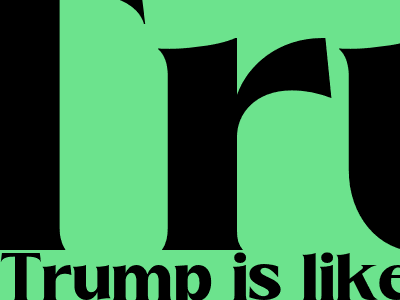
Trump Reassigns Loyalists Amidst Shifting Political Landscape
Trump Shakes Up Pentagon Leadership Amidst First Term Turbulence
WASHINGTON—After a tumultuous first term marked by high-profile firings and resignations, President Trump is expected to appoint loyalists to key positions within the Pentagon in the coming weeks. The move is seen by analysts as an attempt to consolidate power and ensure the smooth functioning of the Department of Defense.
Reassignments to Bolster Loyalty and Efficiency
Among the most significant changes is the expected appointment of Patrick Shanahan, the current Deputy Secretary of Defense, to the position of Secretary of Defense. Shanahan, a former Boeing executive, has been a close ally of Trump and is expected to implement the president's agenda more effectively than his predecessor, Jim Mattis.
Additionally, Trump is planning to install Richard Spencer, the current Secretary of the Navy, as Secretary of the Army. Spencer is also a Trump loyalist with a strong track record in the military. His appointment is seen as a move to strengthen Trump's influence within the Army, the largest branch of the U.S. military.
Tightening Grip on the Military
The reassignments are part of a broader effort by Trump to increase his control over the military. Trump has frequently criticized the Pentagon's leadership and has sought to exert greater influence over military decision-making. The appointment of loyalists to key positions is seen as a way for Trump to ensure that his policies are implemented without resistance.
The move has raised concerns among some observers, who argue that it could undermine the independence of the military and lead to a more politicized Defense Department. However, Trump and his supporters maintain that the changes are necessary to ensure the efficiency and effectiveness of the military.
Potential Impact on Military Policy
The reassignments are likely to have a significant impact on U.S. military policy. Shanahan, for example, is expected to prioritize Trump's agenda of increasing military spending and withdrawing القوات الأمريكية from certain conflicts. Spencer, on the other hand, is likely to focus on enhancing the Army's capabilities and readiness.
The changes are also expected to affect the military's relationship with Congress. Shanahan and Spencer both have close ties to the Trump administration and are likely to be more responsive to the president's directives than their predecessors. This could lead to a more confrontational relationship between the Pentagon and Congress, which has traditionally played a significant role in military oversight.
Conclusion
The reassignments within the Pentagon are a significant development that is likely to have a major impact on U.S. military policy. The appointment of loyalists to key positions is a clear indication of Trump's desire to increase his control over the military and to ensure that his agenda is implemented. The changes are likely to affect the military's relationship with Congress and could lead to a more politicized Defense Department.